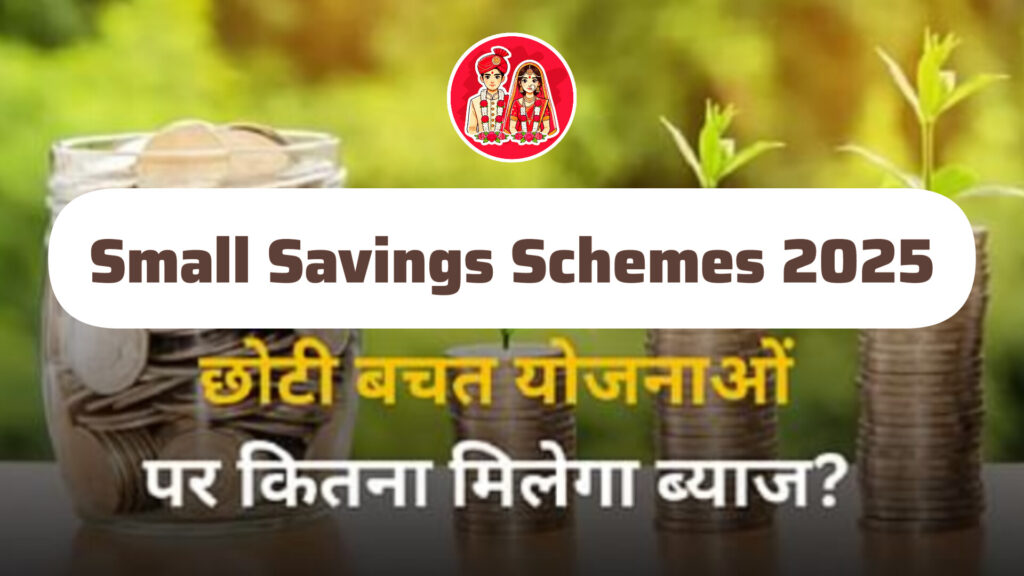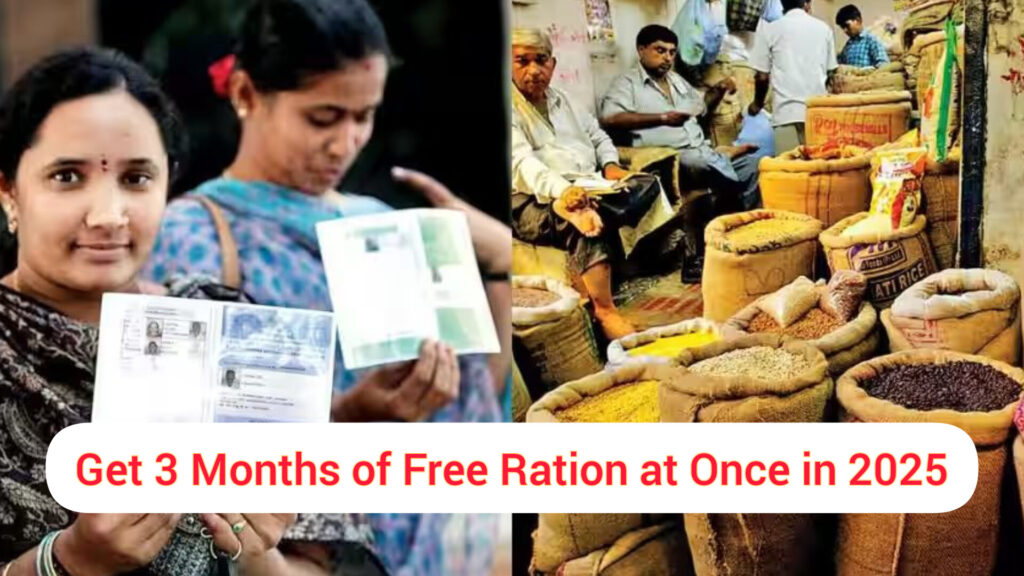Key Points
- The interest rates for small savings schemes in 2025 seem likely to remain unchanged for the July-September quarter, based on recent announcements.
- Rates include PPF at 7.1%, SCSS and SSY at 8.2%, and others like NSC at 7.7%, as per government notifications.
- These rates are reviewed quarterly, with no changes reported for the current period, suggesting stability.
Interest Rates Overview
The interest rates for small savings schemes in India for 2025, particularly for the July-September 2025 quarter, appear to be stable and unchanged from previous quarters. These schemes, operated mainly through post offices and banks, offer reliable savings options for millions. Below are the key rates based on the latest available information:
- Public Provident Fund (PPF): 7.1%, a popular choice for long-term savings with tax benefits.
- Senior Citizen Savings Scheme (SCSS): 8.2%, designed for financial security for seniors.
- Sukanya Samriddhi Yojana (SSY): 8.2%, aimed at savings for girl children’s future.
- National Savings Certificate (NSC): 7.7%, offering solid returns.
- Post Office Monthly Income Scheme (POMIS): 7.4%, for regular payouts.
- Kisan Vikas Patra (KVP): 7.5%, maturing in 115 months.
- Five-year Recurring Deposit (RD): 6.7%, for guaranteed returns.
- Post Office Savings Account: 4.0%, with a modest rate.
These rates are effective from July 1, 2025, to September 30, 2025, and reflect the government’s decision to maintain stability, as announced by the Ministry of Finance.
Source and Reliability
The information is based on recent reports from reliable sources like Bhaskar English and The Tribune, which cite official notifications from the Department of Economic Affairs. Given the quarterly review process, these rates are likely to hold unless a new announcement is made.
Comprehensive Analysis of Small Savings Scheme Interest Rates for 2025
This section provides a detailed examination of the interest rates for small savings schemes in India for 2025, focusing on the current period and the context leading to these rates. Small savings schemes, backed by the central government and primarily operated through post offices and banks, are crucial for household savings and contribute significantly to the nation’s economic growth. They offer a range of options, from long-term savings like the Public Provident Fund (PPF) to schemes tailored for specific demographics, such as the Senior Citizen Savings Scheme (SCSS) and Sukanya Samriddhi Yojana (SSY).
Background and Policy Context
The interest rates for small savings schemes are reviewed and set quarterly by the Department of Economic Affairs under the Ministry of Finance, guided by the recommendations of the Shyamala Gopinath Committee. This committee proposed a methodology linked to government securities yields, reset annually on April 1. The rates are typically announced at the beginning of each quarter, with the most recent announcements covering the April-June and July-September 2025 periods.
For 2025, the government has maintained a policy of stability, keeping the interest rates unchanged for the sixth consecutive quarter, as reported on June 30, 2025. This decision reflects a strategy to provide consistent returns amidst market fluctuations, encouraging investment in these schemes, especially for retirees and long-term savers.
Detailed Interest Rates for July-September 2025
The interest rates for the July-September 2025 quarter (Q2 of FY 2025-26) are as follows, based on the official notification and corroborated by multiple news sources:
| Scheme | Interest Rate (%) | Notes |
|---|---|---|
| Public Provident Fund (PPF) | 7.1 | Tax-free, long-term savings, outperforms most fixed deposits |
| Senior Citizen Savings Scheme (SCSS) | 8.2 | Reliable income source for seniors, quarterly payouts |
| Sukanya Samriddhi Yojana (SSY) | 8.2 | Attractive for parents planning for girls’ education and marriage expenses |
| National Savings Certificate (NSC) | 7.7 | Solid returns, backed by government guarantee |
| Post Office Monthly Income Scheme (POMIS) | 7.4 | Consistent for regular monthly payouts |
| Kisan Vikas Patra (KVP) | 7.5 | 115 months maturity, aimed at agricultural savings |
| Five-year Recurring Deposit (RD) | 6.7 | Reliable for guaranteed returns, suitable for regular savers |
| Post Office Savings Account | 4.0 | Modest rate, basic savings option |
These rates were confirmed in a notification dated June 30, 2025, as reported by Bhaskar English and The Tribune, ensuring alignment with official government announcements.
Historical Context and Trends
Historically, the interest rates on small savings schemes have seen periodic adjustments, with the last significant change occurring in the last quarter of FY 2023-24, when rates for three-year time deposits and SSY were increased. Since then, the government has opted for stability, maintaining rates for five consecutive quarters prior to July 2025. This trend suggests a cautious approach, balancing the need for attractive returns with economic conditions.
For instance, the PPF rate has remained at 7.1% since January 2025, as noted in earlier notifications for the January-March and April-June quarters. Similarly, SCSS and SSY have consistently offered 8.2%, making them among the highest-yielding options within the portfolio. This consistency is particularly beneficial for investors seeking predictable returns, especially in volatile economic environments.
Implications for Investors
The unchanged rates for July-September 2025 offer financial stability for millions of Indian savers. For example:
- PPF, with its tax benefits under Section 80C, continues to be a favorite for long-term wealth creation, offering a rate of 7.1% that outperforms many fixed deposits.
- SCSS, at 8.2%, provides a secure income stream for seniors, with quarterly payouts ensuring regular financial support.
- SSY, also at 8.2%, remains attractive for parents saving for their daughters’ future, with tax exemptions up to Rs. 1,50,000 under Section 80C.
These schemes are backed by sovereign guarantees, ensuring reliability, and are particularly popular among retirees and those seeking safe investment options. The decision to keep rates steady, as confirmed in the March 28, 2025, notification for the previous quarter and reiterated for July-September, underscores the government’s commitment to providing a stable investment climate.
Methodological Considerations
The interest rates are determined using a formula linked to government bond yields, as per the Shyamala Gopinath Committee recommendations. This methodology ensures that rates remain competitive with market instruments while maintaining fiscal discipline. The quarterly review process allows for adjustments based on economic scenarios, but for 2025, the government has chosen continuity, as evidenced by the lack of revisions in the April-June and July-September announcements.
Limitations and Future Outlook
While the current rates are valid until September 30, 2025, investors should note that the government reviews these rates every quarter, with the next review expected in late September 2025 for the October-December period. Any changes will be announced officially, and investors are advised to check updates from the Department of Economic Affairs or authorized financial portals.
Given the stability observed in 2025, it seems likely that rates may continue to remain unchanged unless there are significant economic shifts, such as changes in inflation or government bond yields. However, this is speculative, and investors should consult certified experts for personalized advice, as noted in some reports.
Conclusion
In summary, the interest rates for small savings schemes in 2025, as of July 1, 2025, are unchanged for the July-September quarter, offering rates such as 7.1% for PPF, 8.2% for SCSS and SSY, and others as detailed in the table above. These rates provide a reliable and secure investment option, backed by government guarantees, and are particularly beneficial for long-term savers, seniors, and parents planning for their children’s future. The information is based on recent and reliable sources, ensuring accuracy for the current period.









